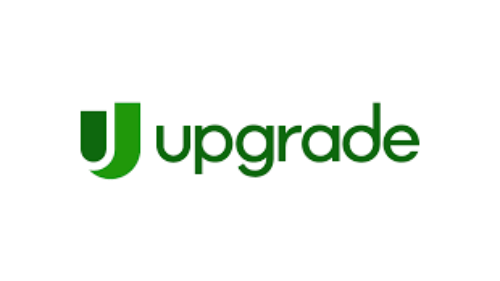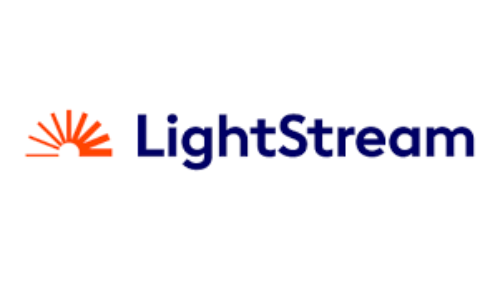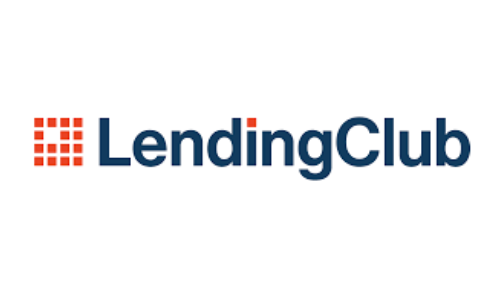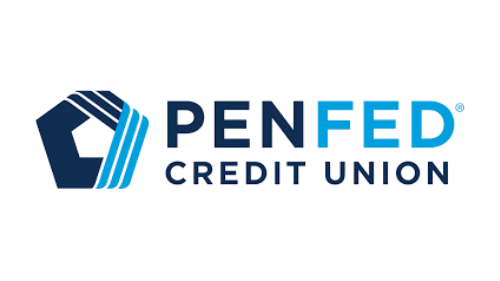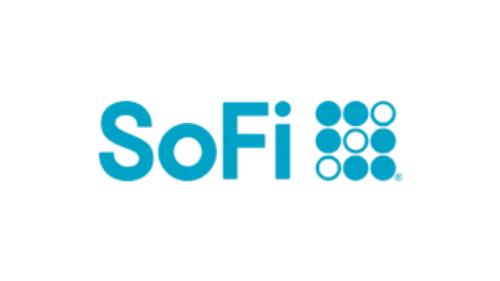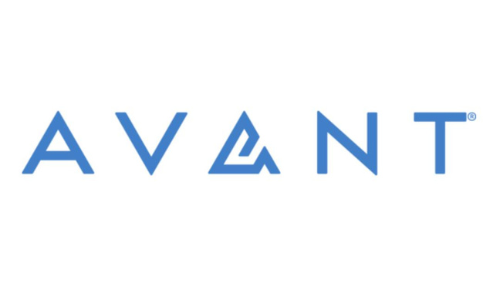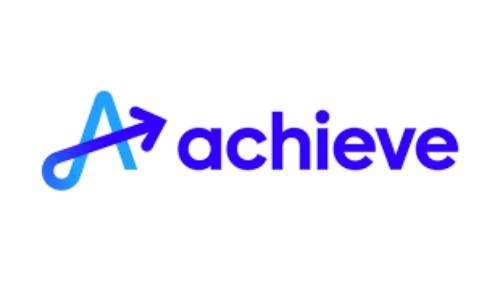Best Debt Consolidation Loans
You could save up to $4,000 by consolidating $10,000 of debt
Checking rates won't affect your credit score


Best Debt Consolidation Loans
You could save up to $4,000 by consolidating $10,000 of debt
Checking rates won't affect your credit score
Lender
User ratings
Best for…
APR range
Loan terms
Loan amounts

Boosting approval odds with collateral
8.99% – 35.99%
36 – 60 months
$2,000 – $50,000

Excellent customer service and no fees
6.99% – 19.99%
36 – 72 months
$3,500 – $40,000
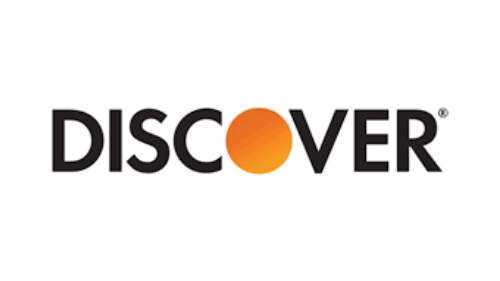
Excellent customer service and no fees
7.99% – 24.99%
36 – 84 months
$2,500 – $40,000
What is a Debt Consolidation Loan?
A debt consolidation loan lets you combine credit card, medical, or other high-interest debts into one fixed monthly payment. Instead of wiping out your debt, it restructures it with a potentially lower APR, making repayment easier and more predictable. Many borrowers use personal loans for debt consolidation to simplify budgeting and reduce total interest costs — it's one of the top reasons people apply.
How Does Debt Consolidation Work?
When you consolidate debt, you take out one loan to pay off several others — ideally those with higher interest rates. This new loan should offer more favorable terms: lower interest, longer repayment periods, or smaller monthly payments.
Let’s break it down:
If you have 3 credit cards with interest rates of 24%, 27%, and 22%, that averages out to around 24.33% APR. By consolidating with a personal loan at, say, 16% APR, you may cut your interest costs significantly while simplifying your payments. Once approved, your new lender typically sends funds directly to your creditors or deposits the loan into your account so you can pay off your balances.
Pros and Cons of Debt Consolidation
Pros:
You can save money on interest when you qualify for lower rates.
Simplifies several monthly debt payments into one.
Can help you get out of debt sooner and know exactly when you’ll be debt-free.
Cons:
Likely need good or excellent credit to qualify for lower rates.
May have to pay an upfront origination fee on your new loan.
Lender will do a hard credit pull before offering you a loan, which will ding your credit score by a few points.
3 Major Benefits of Debt Consolidation
Streamline Your Budget
Keep track of a single payment instead of juggling multiple accounts and due dates. Debt consolidation helps simplify your finances.
Lower Interest Costs
By securing a lower APR, you can save hundreds or even thousands in interest over time. A smart way to reduce overall debt cost.
Boost Your Credit Health
Consistent payments on a consolidated loan can positively impact your credit score and show lenders your improved financial responsibility.
How Your Credit Score Impacts Loan Rates
Your credit score has a major impact on loan approval and interest rates, especially when applying for personal loans or debt consolidation loans. Borrowers with higher credit scores are seen as more financially reliable, often qualifying for lower APRs and more favorable loan terms.
Below is a general estimate of how credit score impacts loan rates and approved loan amounts:
Credit score range
720+
680-719
660-679
640-659
620-639
580-619
560-579
Less than 560
Average APR
16.72%
22.68%
28.92%
33.45%
42.45%
51.34%
62.42%
84.92%
Average loan amount
$22,310
$17,315
$12,675
$9,326
$7,129
$4,446
$3,548
$2,879
How to Find a Debt Consolidation Loan
1
2
3
How much do you need to consolidate?
Alternatives to Debt Consolidation Loans
Debt consolidation may not always be the perfect solution. Depending on your financial situation, some alternatives could suit you better. Here are a few strategies worth considering:
0% APR Balance Transfer Credit Card
Pros:
Temporarily pay no interest on transferred balances.
Can be an affordable short-term solution.
May allow more flexibility vs. loans with fixed terms.
Cons:
Introductory APR ends after a set period, often 12–21 months.
Balance transfer fees typically apply (3–5%).
Only available to those with decent credit.
Home Equity Loan
Pros:
Fixed interest rate in most cases.
Longer repayment terms available.
Usually lower APR than unsecured personal loans.
Cons:
Your house acts as collateral — high risk if you default.
May take longer to process and require home appraisal.
Closing costs may apply.
401(k) Loan
Pros:
No credit check required.
Lower interest rate (you pay it back to yourself).
Fast access to funds in emergencies.
Cons:
Reduced retirement savings potential.
Must repay in full if you leave your job.
Taxes and penalties apply if not repaid properly.
Debt Management Plan
Pros:
Structured plan with expert support.
Often lower interest negotiated with creditors.
Can consolidate several debts into one monthly payment.
Cons:
Monthly fee may apply.
You must close credit cards — no more charging.
Takes 3–5 years to complete the plan.
Debt Consolidation Loan ( FAQ )
How Does Debt Consolidation Influence Your Credit Score?
Debt consolidation may cause a temporary dip in your credit score due to the hard credit check during application. However, over time, it can positively impact your credit health. By replacing multiple debts with one fixed payment, you lower your credit utilization ratio and build a consistent payment history — two key factors that help improve your credit score in the long run.
What Are the Requirements to Qualify for a Debt Consolidation Loan?
To be eligible for a debt consolidation loan, lenders generally assess your credit score, income stability, and total outstanding debt. While excellent credit can get you the best rates, don’t worry if your score is less than perfect — many lenders specialize in bad credit debt consolidation loans or offer solutions with a co-signer or collateral.
What’s the Most Effective Way to Consolidate Debt?
There’s no one-size-fits-all solution. Your ideal strategy depends on your credit profile and goals. Top methods include:
1. Personal debt consolidation loans
2. Balance transfer credit cards with 0% intro APR
3. Home equity loans or HELOCs
4. Debt management plans through credit counselors
Each option has its pros and cons — evaluate based on your debt amount, credit score, and repayment flexibility
How Much Does Debt Consolidation Cost on Average?
The cost of consolidating debt varies depending on your creditworthiness and loan type. Annual Percentage Rates (APRs) typically range:
1. From under 10% for excellent credit
2. To 30% or more for poor credit borrowers
Many loans may also include origination fees between 1%–8% of the loan amount. Always read the fine print and compare lenders before applying.
Can Consolidating Debt Actually Save You Money?
Absolutely — if you lock in a lower interest rate than your current debt obligations. By simplifying your repayment and reducing interest over time, you can save hundreds or even thousands of dollars. Just be mindful of any hidden costs or high fees that could reduce your net savings.
Does Debt Consolidation Help You Pay Off Debt Faster?
Yes. A structured debt consolidation plan with one affordable payment can accelerate your path to becoming debt-free. With fewer interest charges and a fixed schedule, many borrowers pay off their loans sooner than juggling multiple debts.
How Does Your Credit Score Affect Your Loan Rate?
Your credit score is one of the most important factors that determines your loan rate.
1. Borrowers with excellent credit (720+) may secure APRs below 15%
2. Those with poor credit (below 600) might see APRs exceeding 100%
Higher scores generally lead to lower interest rates and better loan terms.
How we chose the best debt consolidation loans
At our platform, we conducted an in-depth review of over 50 leading lenders offering debt consolidation loans to identify the top-rated options available today. To make the shortlist, each lender needed to provide competitive APRs, flexible repayment terms, and strong borrower support. We then evaluated and ranked these debt consolidation loan providers using key criteria such as:
Rates and terms: Our top picks provide low fixed interest rates, minimal fees, and flexible repayment options — including a variety of term lengths and loan amounts. We prioritize lenders that also offer APR discounts or loyalty perks.
Repayment experience: We evaluate lenders based on reputation, customer service, and reporting practices. Preference is given to companies that report to all major credit bureaus and offer valuable borrower perks like free financial tools or coaching.
According to our scoring model, the best debt consolidation loans currently come from lenders like Discover, Upgrade, Upstart, Best Egg, PenFed Credit Union, Achieve, LightStream, SoFi, and Marcus by Goldman Sachs.
